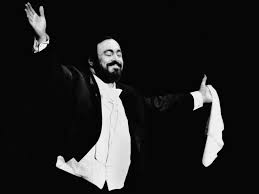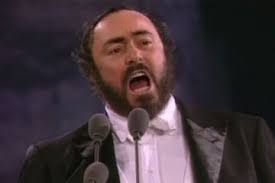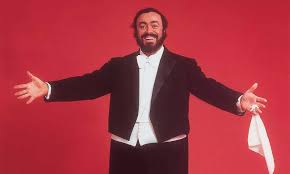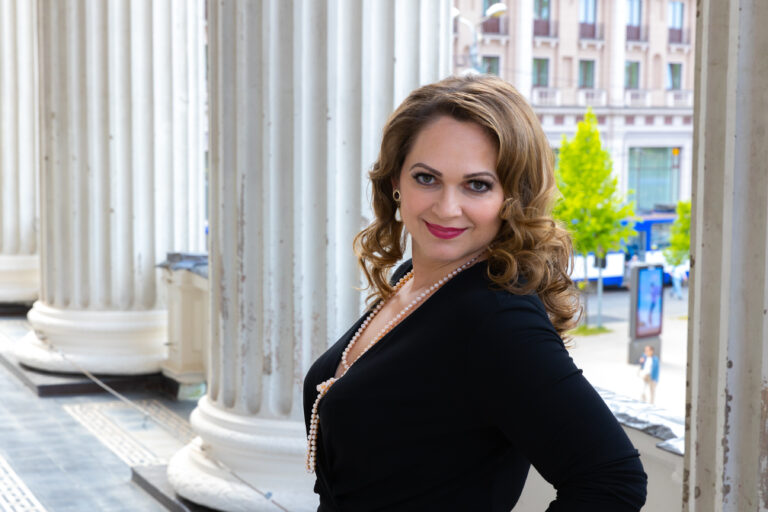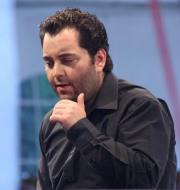A long, artistic journey took Luciano Pavarotti onto the stages of Italy and the world’s most prestigious theatres. Non-stop activity and a dedication to his work transformed Modena’s most famous tenor into a world ambassador for the Bel Canto and for Italian culture.
Music was the passion and the dearest obsession of Maestro Pavarotti for forty years and he changed the face of opera forever. The Maestro brought the world of opera to the appreciative ears of an enormous public, made up of more than the aficionados, and opening up the once traditional theatres to new audiences.
He made countless appearances on television and in the cinema, performing in open-air concerts and in stadiums and arenas: an eclectic career that touched so many different chords in the music world.This success was due to two fundamental elements: first of all, his extraordinarily powerful voice with its wonderfully moving timbre, and secondly, the uniqueness of his great and radiant personality.
Pavarotti probably had singing in his blood. Born in Modena, he took the first steps in his career in the city’s choir. It was his father, an opera fan and a tenor in the municipal theatre’s choir, who introduced him to music. The young Pavarotti’s musical ambitions were kindled when the choir won first prize in an international competition held in Llangollen, Wales. This was the motivation behind his decision to embrace the art – although he had studied to become a schoolteacher – and to take on the career of tenor, obviously to the great joy of his father, and with his full support.
He began his studies with Arrigo Pola and then with Ettore Campogalliani. The lessons were frequent and intense and Luciano often attended with his friend and study companion Mirella Freni.
Luciano Pavarotti’s first success came in 1961 when he won the International Competition, followed by his first performance in an important opera. He made his debut on 29th April that year, in Reggio Emilia, playing Rodolfo in La Bohème. A performance which drove the public and the critics wild and which was soon followed by appearances in other Italian theatres.
But 1961 was also the year of his first performance abroad, in La Traviata, with Virginia Zeani, in Belgrade. He then went on to work with Zeani again in 1963 in the Lucia di Lammermoor at Amsterdam. It was a lucky year for Luciano Pavarotti, as he found himself in roles in Vienna and Zurich and then in the part of Rodolfo again at the Royal Opera, in London’s Covent Garden, where he replaced an indisposed Giuseppe di Stefano. Still in the same year, he performed in Spain, Poland, Hungary and Czechoslovakia.
1965 was the year of his debut at the Scala theatre in Milano, led by the conductor Herbert von Karajan and sharing the stage with Mirella Freni.
In 1966 he returned to Milan to sing in Rigoletto, La Bohème, Verdi’s Requiem, conducted by von Karajan, and a new version of Bellini’s I Capuleti e i Montecchi, with conductor Claudio Abbado

